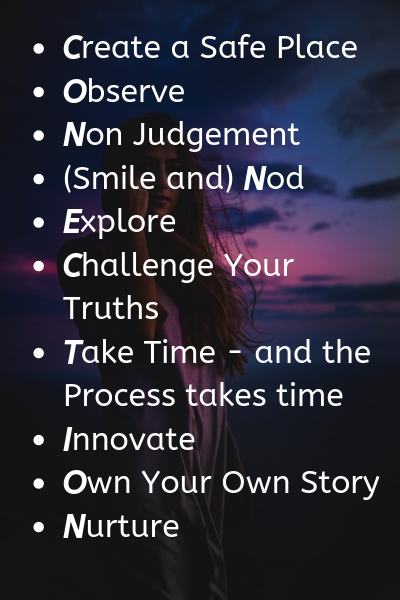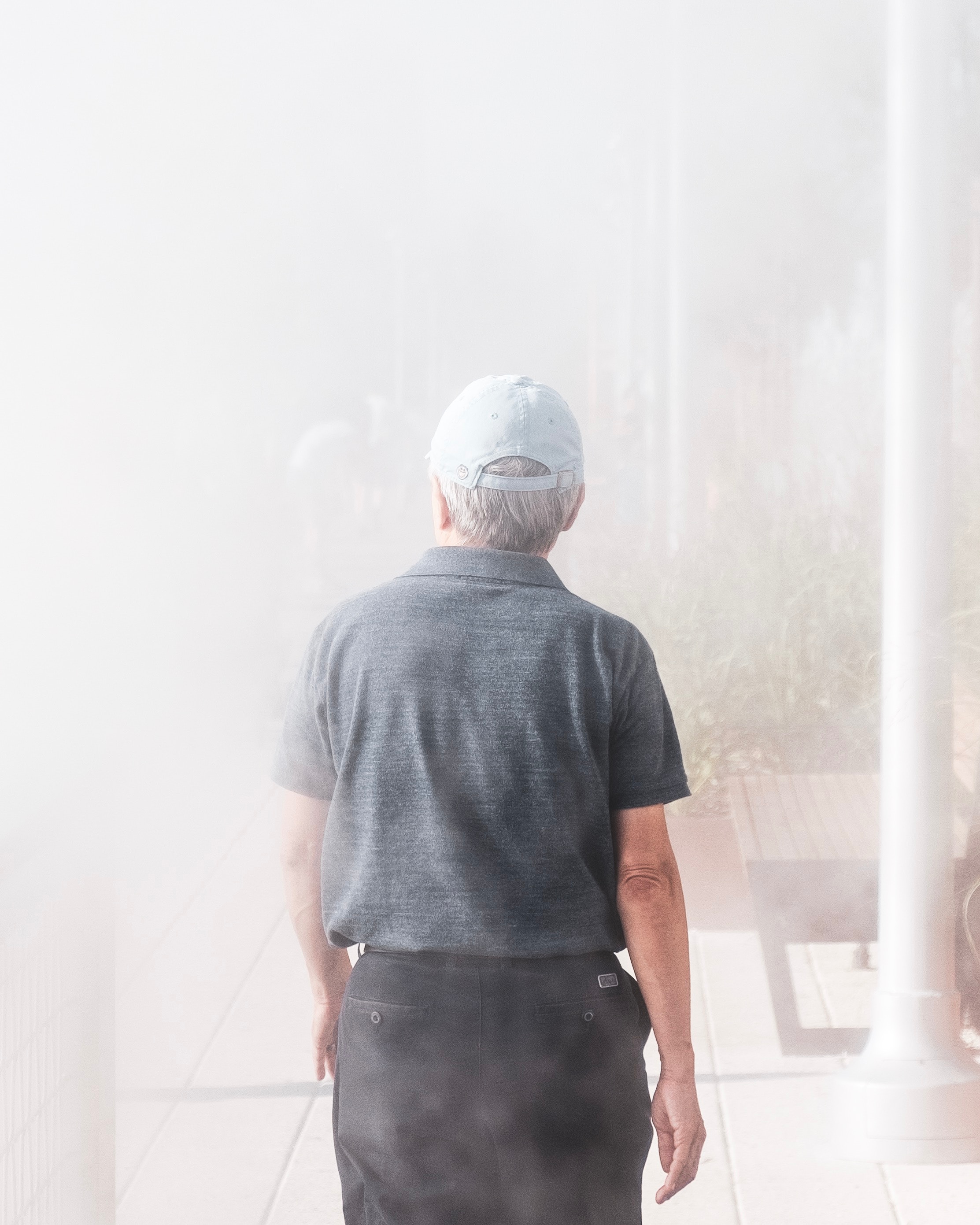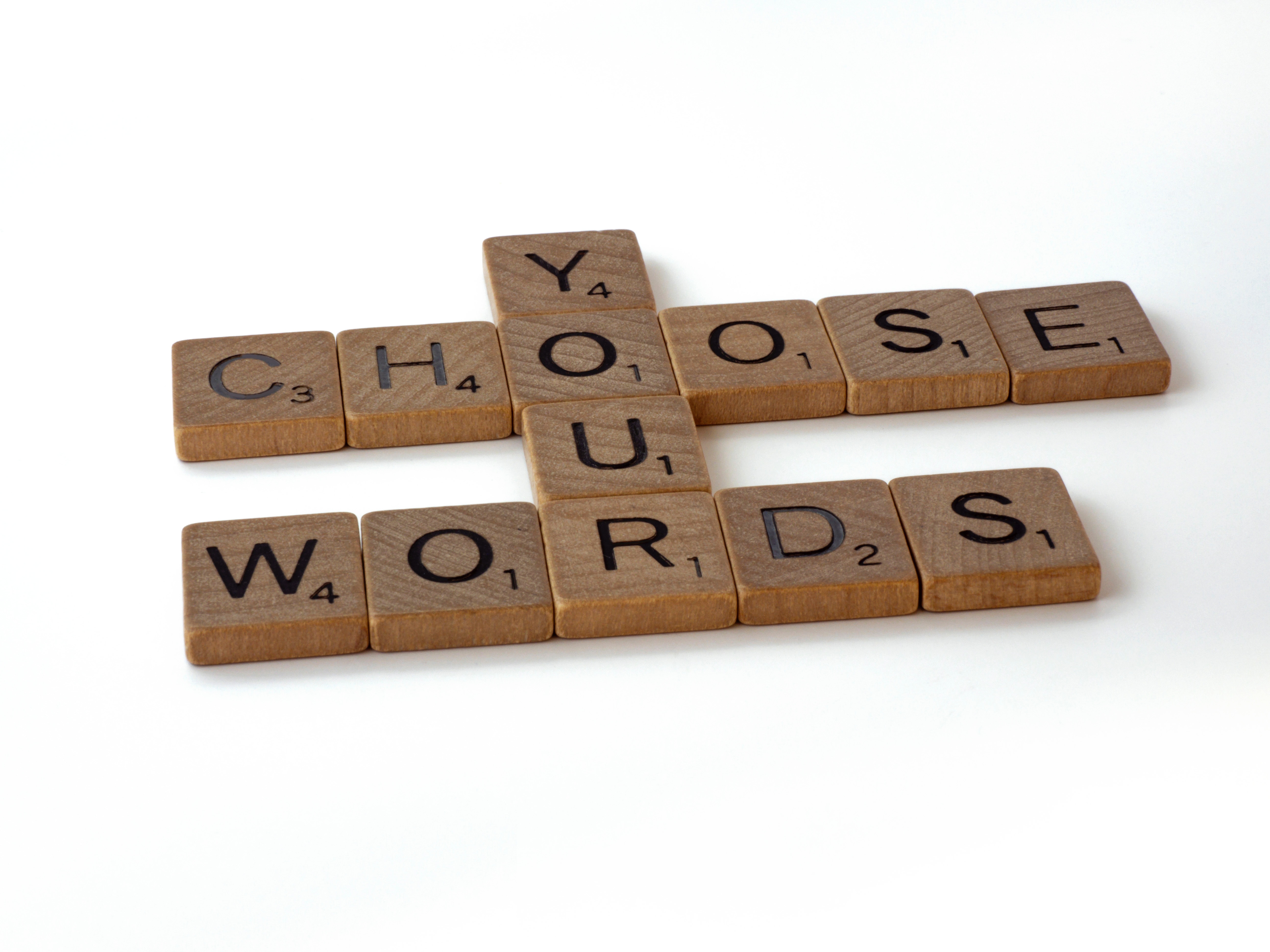Nonjudgement
 The foundations of CONNECTION…in previous articles, we talked about creating a safe space and observing…now, let’s talk nonjudgment. Before we go any further, here’s a quick recap of the ten foundations.
The foundations of CONNECTION…in previous articles, we talked about creating a safe space and observing…now, let’s talk nonjudgment. Before we go any further, here’s a quick recap of the ten foundations.
Create a safe place
Observe
Nonjudgment
(Smile and) Nod
Explore
Challenge Your Truths
Take Time – and the Process Takes Time
Innovate
Own Your Own Story
Nurture
As I’ve mentioned before, you don’t need to tackle these in order. If there’s one that you feel drawn to, pick it up and explore it! Or, if there’s one you find particularly challenging, maybe that’s the one to tackle.
 Like nonjudgment. I started writing this article probably 6 weeks ago. My dad had just come to visit my husband and me for the first time since our wedding – over nine years ago. To say the last several years have been particularly hard for him is an understatement: my mom’s health has slowly declined, to the point that he had to make the difficult decision to move her to a nursing home last year. And she’s been receiving hospice care for six months now. I joined him on his return trip so I could go see my mom. The one who gave me life…and by whom I felt the most judged.
Like nonjudgment. I started writing this article probably 6 weeks ago. My dad had just come to visit my husband and me for the first time since our wedding – over nine years ago. To say the last several years have been particularly hard for him is an understatement: my mom’s health has slowly declined, to the point that he had to make the difficult decision to move her to a nursing home last year. And she’s been receiving hospice care for six months now. I joined him on his return trip so I could go see my mom. The one who gave me life…and by whom I felt the most judged.
And now, well, it’s really easy to judge her right on back: she’s where she is because of the decisions she’s made. She’s never addressed what I believe are undiagnosed mental health issues, and as a result, her weight has spiraled out of control. She’s ‘let herself go’ so much that she can’t get out of bed now. She hasn’t moved under her own power in several years at this point. And the judgment can abound:
“How could she let herself get this way?”
“Why didn’t she ever get the help she clearly needs?”
“God, look at how much she eats.”
“Go figure, she’s eating ice cream again.”
See what I mean? It’s really easy to stand in our own shoes and judge someone else. Especially someone we love.
“Why doesn’t she love herself enough to take care of herself?”
“Why doesn’t she love me enough to take care of herself?”
And then the self-judgment comes in. If she doesn’t love me enough to take care of herself, then I must not be good enough, somehow.
See how insidious this judgment crap is? But here’s the thing: I know that the judgment I felt from her when I was a child came from a place of love: she wanted me to be the best me that I could be. And when I find myself slipping into judgment of her, it also often comes from a place of love: I hate seeing her in her current condition, and it’s awful to watch someone you love suffer the way she’s suffering. Why? Why doesn’t she care?
So, where’s the line between loving someone, wanting them to be the best they can be, holding them to standards – and judging them? Honestly, I don’t know. But it’s something worth considering.
The first step in finding the answer ties back to our last foundation of connection: observe. But this time, observe yourself. Listen to what you say. Before you say something to someone you love, especially, pause. Ask yourself where that thought is coming from: are you challenging this person to live up to her highest potential? You very well could be. But how are the words going to come out? How does she respond? Does she say things like ‘I’m never good enough,’ ‘You’re never happy,’ ‘You don’t like anything I do.’ If so, then even if it’s coming from a good place, it’s landing differently. As the saying goes, perception is reality.
If you identify that it’s being received as judgment, then you take steps to adjust.
 Another step toward nonjudgement is to observe your interactions with the people who are further outside your circle. That driver who just cut you off? What’s your response? “A******! Learn how to drive!” Yup – that’s judgment. The waiter who’s having a tough day? “Dude, this isn’t rocket science.” Yup – judgment. The number on the scale? “Ugh, I’m so fat.” Oh yeah…
Another step toward nonjudgement is to observe your interactions with the people who are further outside your circle. That driver who just cut you off? What’s your response? “A******! Learn how to drive!” Yup – that’s judgment. The waiter who’s having a tough day? “Dude, this isn’t rocket science.” Yup – judgment. The number on the scale? “Ugh, I’m so fat.” Oh yeah…
So, when you observe yourself thinking or speaking judgmentally, step back and consciously try to find something nice about the person you just judged. Maybe consider why that driver was driving that way: maybe her son is in the hospital. Maybe the waiter is working a double and got behind because he had to go to the bathroom really badly. And you? You’re beautiful, inside and out.
“Sticks and stones may break my bones, but words will never hurt me.”
That’s a lie. Sometimes the words that hurt the worst are the ones that arise in our own minds and come out of our own mouths. Look for them, and then get rid of them. You’ll be oh-so-glad you did!






